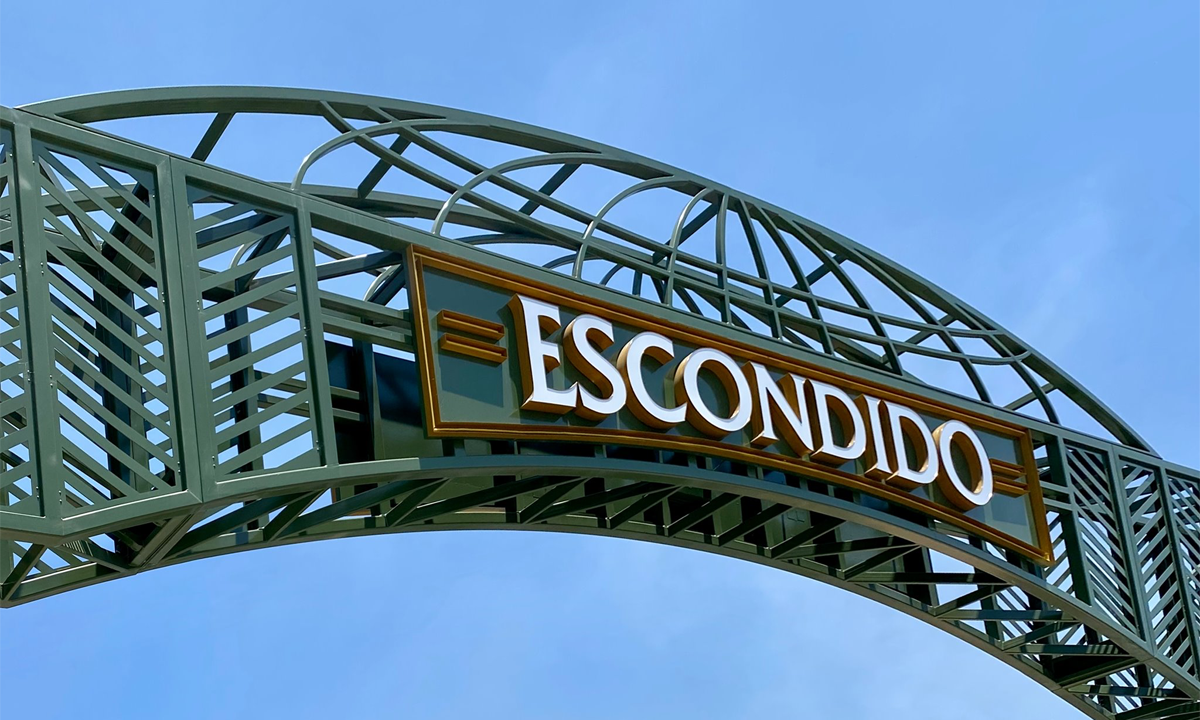Written by Sebastian Acosta
Escondido is potentially going to be home to some major residential housing projects in the near future.
Palomar Heights in central Escondido and Harvest Hills near the San Diego Zoo Safari will be the two largest proposed housing developments. Both are expected to come before the City Council by early to mid-2021.
The Palomar Heights development would include 510 apartments and townhomes as well as about 10,000 square feet of commercial space. According to Ninia Hammond, an Integral Communities project manager, the company has proposed demolishing both the old Palomar Hospital campus as well as the nearby medical office building to make way for 258 family-style rental apartments, 90 senior apartments, and 162 for-sale townhomes with attached two-car garages.
The 13.8-acre project was proposed to the Escondido Planning Commission in September; it is expected to reach City Council by early February at the latest.
Harvest Hills, deemed an Agri-neighborhood, would be a 550-home development on a 1,100-acre parcel and was originally proposed 8 years ago. The project will consist of seven neighborhoods and feature common amenities, professionally farmed plots, a farm center, greenhouses, and individual garden beds. Intended to be a net-zero energy neighborhood, the community will have its electricity generated on-site by rooftop solar and be the first carbon-neutral neighborhood in Escondido.
“Creation of the new Harvest Hills community and homes will help the City of Escondido grow for years to come. Harvest Hills will generate a total of $514 million in economic impact and support more than 5,700 jobs during construction, and an ongoing economic impact of $53 million per year. New estate homes will also positively affect the City’s median income and support the City’s business attraction efforts,” reads a message on Harvest Hills Escondido
If the project is approved by the council by mid-year, the developer will seek annexation of the parcel into the city limits through the Local Agency Formation Commission (LAFCO). If approved, construction could be completed in about 10 years.
Photo via City of Escondido




